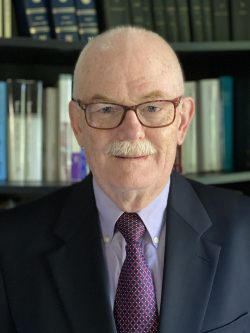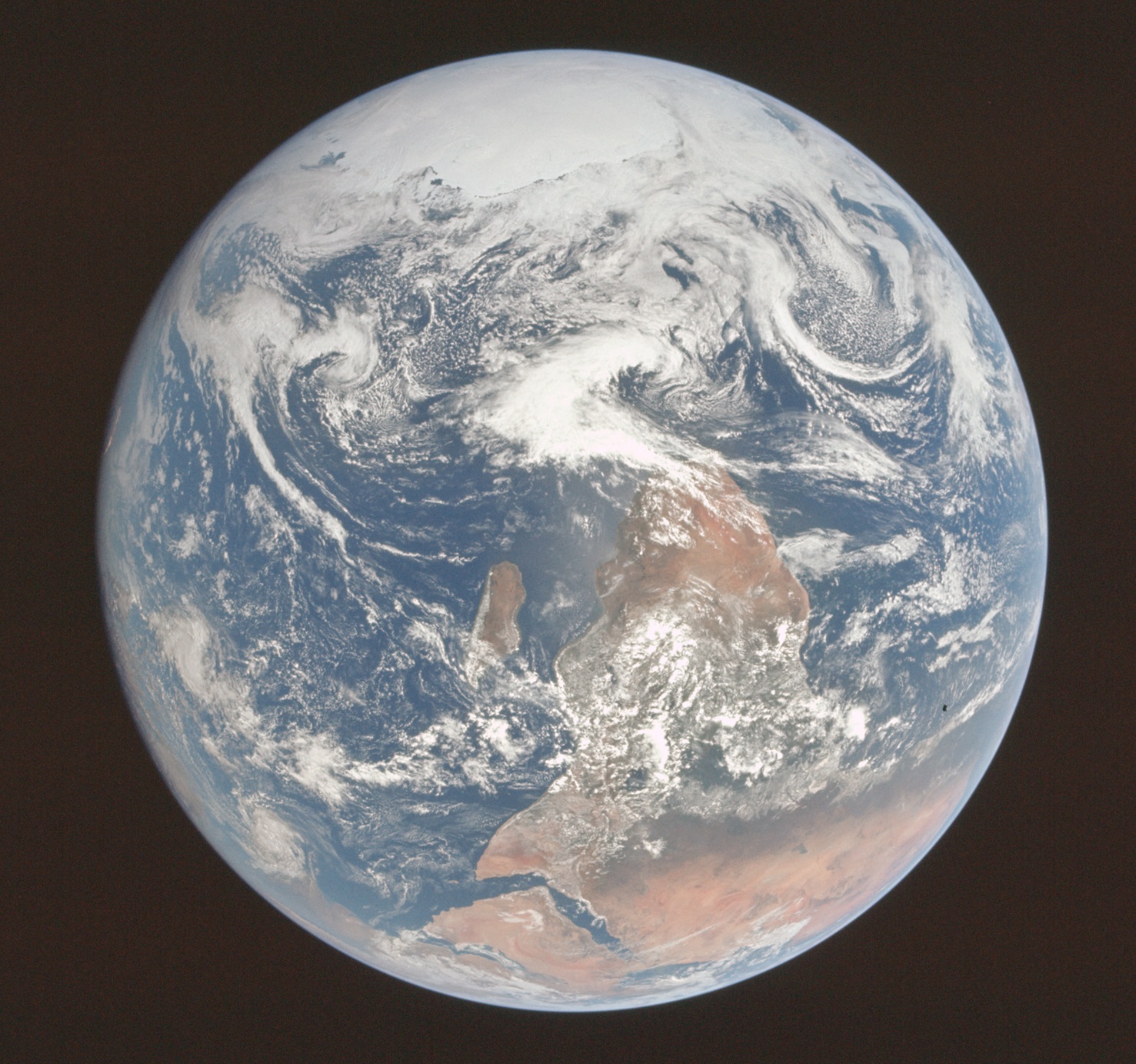Dr. Robert Cole presented the topic “The Biblical Theology of מין/’Created Kind’ in the Hebrew Bible” for our online CTS Spring Symposium 2024 on Thursday, March 21. Sixteen people logged on to participate in the symposium. For those who could not join us, the video for the symposium is available at the following link. In addition an unedited text of the Chat for the symposium is available in a TXT document.
We plan to offer another online symposium in the Fall. Please watch for announcements on our CTS website (Blog) as well as for our occasional MailChimp emails providing information about such events.




